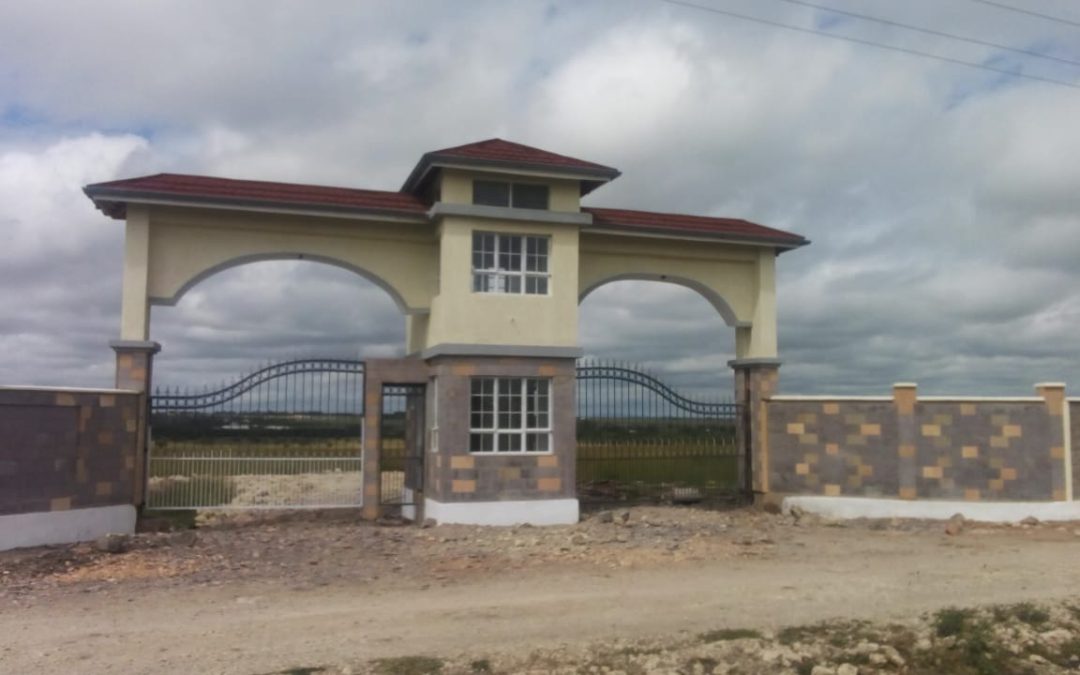For the last decade and a half, real estate has experienced an exponential bloom in Kenya. It has become an almost sure bet for making wealth as urban centres grow and the demand for housing increases. It is about time, thus, that we have a discussion around the topic, explore what real estate is, the opportunities and threats therein, and what its future looks like in the country.
This is great information for people seeking to venture into real estate as agents and also buyers who are likely to buy from a real estate agent at some point.
What is real estate?
While the legal term is used to refer to the industry that revolves around the buying and selling of immovable resources – land, houses, minerals, crops etc. – its use in the Kenyan context is usually confined to land and houses. It is a term you are more likely to hear in urban than rural areas.
What has led to the boom in real estate in Kenya?
Well, you could attribute the real estate boom to a number of factors including but not limited to:
- the Increased purchasing power of the middle class
- Favourable business environment (Kenya has consistently ranked highly on the ease of doing business index)
- A more accommodative financial market. The ability to access loans from banks and other financial institutions today is much better than ten years ago.
- Devolved governance units have opened up other towns for development besides the previously popular Nairobi, Mombasa and, to some degree, Kisumu and Eldoret.
Read about the reasons why you should consider investing in Kajiado County.
There have been claims from different quarters that real estate is a bubble that wouldn’t take long to burst, but the industry has consistently defied odds and kept growing. Of course, there may come a time when real estate stops raking in astronomical profits or when properties will not appreciate as fast as they do now, but it is unlikely that the industry will crumble as a whole.
The future
Going forward, as the market evens out, it will become more difficult to enter into real estate as a new player. The profits will be less appealing, but it should still be a sustainable business model for those who are already established. If you dream of real estate as a business, the best time to get in is NOW.
The central government’s plan to establish affordable housing will have a little negative effect on real estate. It will not spell doom as many have projected. Here’s why:
For one, the low-cost housing projects are meant for low-income earners and people on the lower segment of the middle class. This is not where real estate fishes. Two, the projects will be run in private-public partnerships, so this is just another avenue for real estate agents to work with the government – who is, by the way, the best customer.
Challenges in real estate
- Shady land deals – Some parcels have twisted ownership arrangements that may even confuse real estate agents themselves
- Unscrupulous agents – Inevitably, some traders are in the business to sell air
- Huge start-up capital – It is difficult for small businesses to enter into real estate
- Blind investment – People who dip their fingers into the real estate business just because they hear it is a goldmine are likely to get them fingers burnt.
The solution to almost all these challenges is one: Research. Be sure to familiarize yourself with land ownership laws, government plans, and registration of agents and to always view the property before buying. Whether you are a buyer or a developer, having this information at your fingertips will come in handy at all times.
Suggested articles why you should consider investing back home while working abroad and Digitization of Lands Registry in Kenya! What it means Kenya

